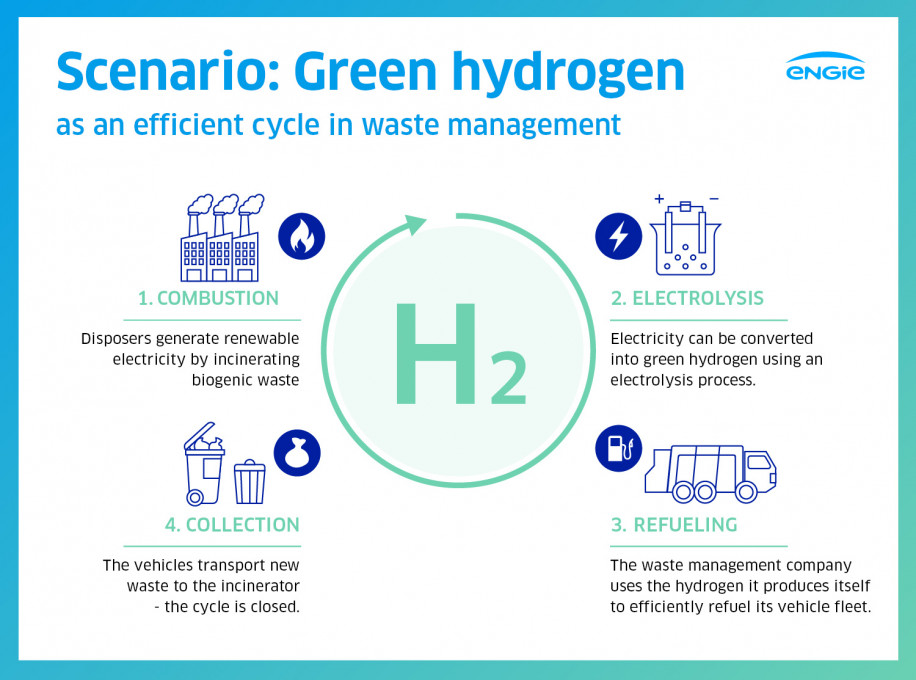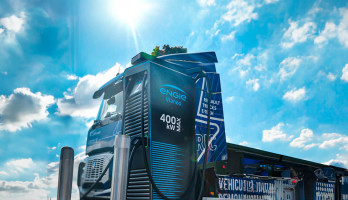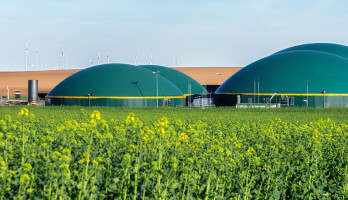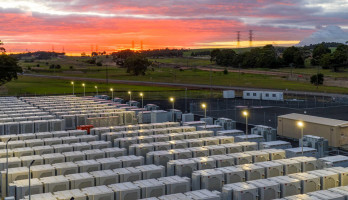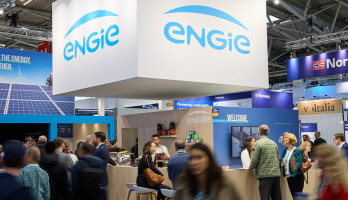
Hydrogen as a means of propulsion - a key technology for municipal companies
Green hydrogen is a great alternative to fossil fuels - especially for powering municipal vehicle fleets. But what about fleet conversion and who is supporting municipal operations?
Mobility transition at municipal utilities, waste management companies and co.
The transition to climate neutrality poses real challenges for the public sector. Especially for sectors that deal with many vehicles, decarbonization is a crucial factor for the future. These include municipal utilities, public transport operators and waste management companies. Companies are starting to equip their fleets with alternative technologies. Green hydrogen as a means of propulsion is an exciting option here for achieving climate targets, advancing the energy transition and making mobility sustainable.
That's why hydrogen as a means of propulsion
Green hydrogen as a means of propulsion enables public companies to operate their vehicle fleets in a completely climate-neutral manner. The use of hydrogen produces no CO2 emissions compared to fossil fuels. In addition, hydrogen engines emit no particulate matter into the air compared to their fossil fuel counterparts and operate much more quietly. These are absolute plus points for the quality of life in any community. But currently, green hydrogen as a means of propulsion has just as significant a drawback: (cost).
What is holding back the hydrogen transition in the public sector
Many decision-makers and fleet operators in municipal utilities and other municipal companies are struggling with green hydrogen as a means of propulsion. No wonder, because despite the advantages, the switch to green technology involves high investments and sound planning. For municipal companies, there is more to it than simply buying hydrogen-powered vehicles. The entire infrastructure must also be expanded in order to be able to supply the vehicles at all. This includes solutions for the supply and storage of hydrogen, as well as an adequate network of refueling facilities. Last but not least, decision-makers and fleet managers have to fight their way through a dense jungle of funding opportunities, financing offers and legal regulations. As a result, public companies often simply reach their limits in terms of capacity.
Circular thinking: why the switch should happen now anyway
Yes, the mobility turnaround is a mammoth task - not least for municipal companies. Nevertheless, decision-makers and fleet managers should not despair and set the course for a green future in the direction of hydrogen. For one thing, they are not on their own and can get support from experienced energy experts at any time. On the other hand, now is the time to act. By making the switch, decision-makers and fleet managers are laying the foundation stone for their future value creation processes, which is crucial today. This is illustrated, for example, by the hydrogen scenario in waste management. Here, green hydrogen is much more than just a means of propulsion. Municipal companies and waste management companies are investing in an innovative, holistic recycling concept:
Contracting models and energy services for modern mobility
When it comes to planning hydrogen concepts, municipal companies should definitely seek expert advice. Selected specialist companies from the energy sector offer their support in this regard. The experts help to develop an operationally and cost-efficient concept for hydrogen as a means of propulsion. In addition, the companies usually take over the installation of technical systems and provide long-term assistance to decision-makers and fleet managers during operation. Among the hydrogen specialists in German-speaking countries is Storengy, an up-and-coming subsidiary of the ENGIE Group.
"As a company of the ENGIE Group, we accompany our customers in the transition to climate neutrality. Together with other companies in the Group, we can bundle a wide range of competencies and thus cover the entire hydrogen value chain: generation, storage, transport and supply."
Thomas Grundler, Business Development Manager at Storengy Germany
Municipal operations receive a turnkey hydrogen infrastructure from Storengy. Decision-makers can choose from a diverse catalog of services based on the modular principle. Municipal hydrogen projects can thus be individually planned, tailored to actual needs and successfully implemented. Storengy takes on the role of investor, planner and project developer. In this respect, contracting models are exciting for municipal companies. Here, companies receive all hydrogen-related services cost-effectively from a single source:
Hydrogen-as-a-Service: the future of mobility in municipal operations
Whether for municipal utilities, waste disposal companies or local transport companies - the advantage of a strong cooperation partner for hydrogen is obvious. Municipal operations can set up a future-oriented hydrogen infrastructure - without having to acquire comprehensive know-how and without having to bear planning and investment risks. Hydrogen-as-a-Service is a promising model for the future and ideal for businesses to establish hydrogen as a means of propulsion locally. Find out more about this innovative concept now at Storengy Germany: Hydrogen Solutions.
Our Expert

